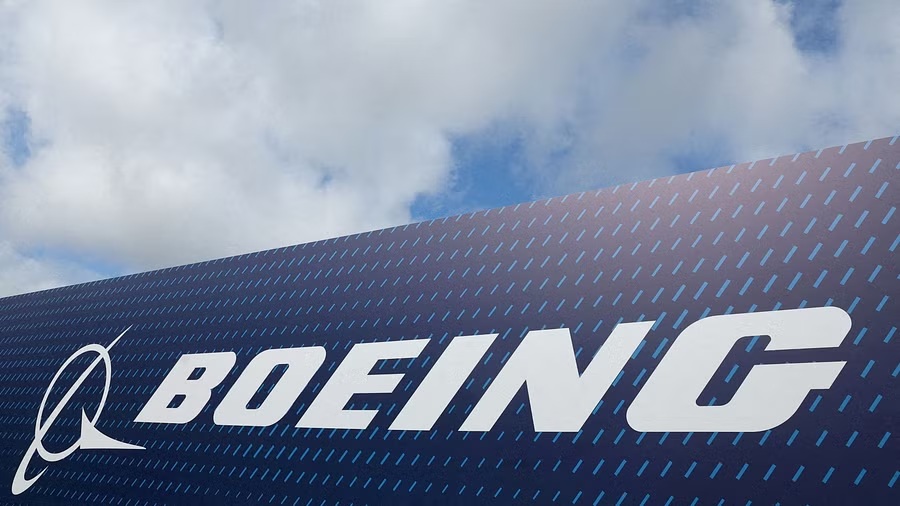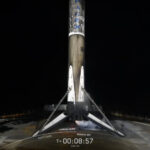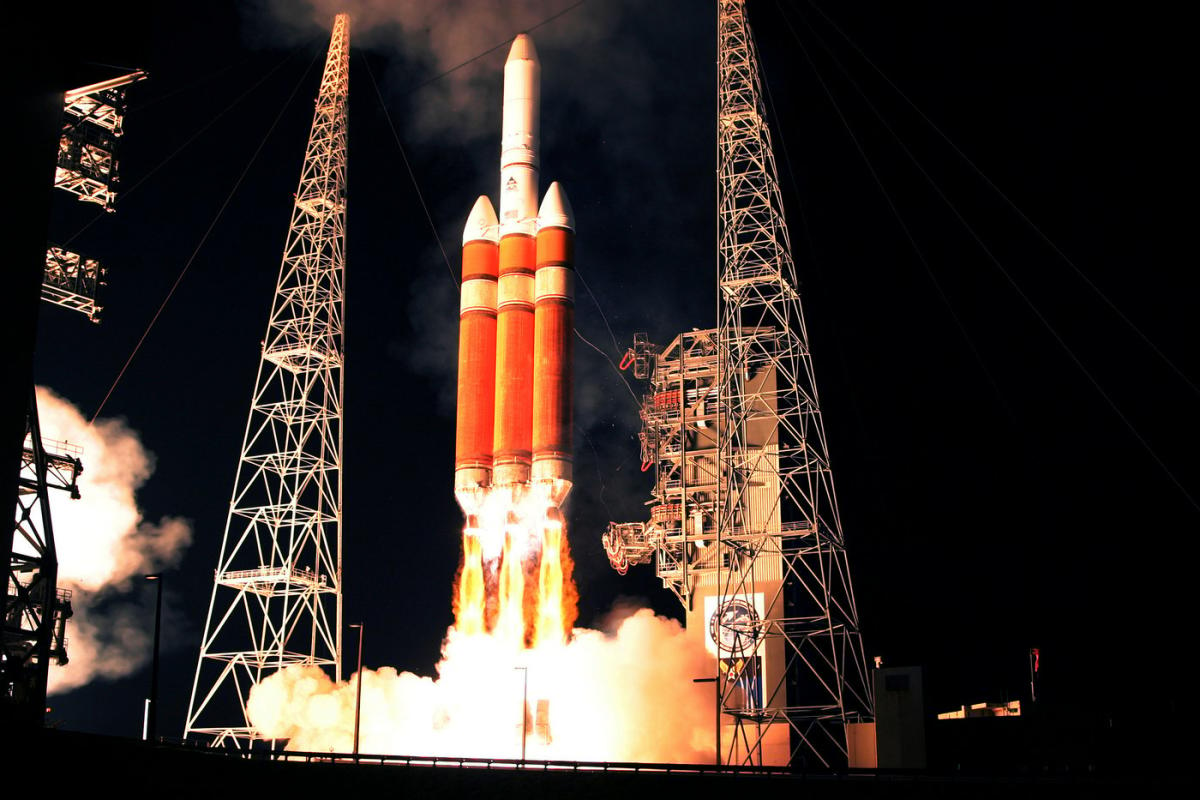Boeing’s Space Business Could Be Unstoppable in 2025: It Just Needs 1 Thing to Happen First.

Boeing has been a giant in the aerospace industry for a long time, but its venture into space exploration has been an endeavor filled with both challenges and opportunities. By 2025, Boeing’s space business may achieve unparalleled heights based on a strong portfolio and growing market opportunities. However, there is one critical factor that needs to be accomplished first: the success of its Starliner spacecraft.
The Potential of Boeing’s Space Business:
Boeing is well positioned in the space industry. With a diversified portfolio that includes government contracts, commercial space initiatives, and partnerships with NASA, it has the experience and resources to dominate this fast-growing sector. Some of the key areas include.
Thank you for reading this post, don't forget to subscribe!Boeing Crewed Space Missions: Its Starliner will become a central part of NASA’s Commercial Crew Program for routine transportation to the ISS.
Space Exploration Contracts: Under NASA’s Artemis program, Boeing is heavily involved in the construction of the Space Launch System (SLS), which will be needed for future missions to the moon and Mars.
Satellite Market Expansion: Boeing’s expertise in satellite technology positions it to capture a significant share of the booming satellite and communication market.
Space Tourism and Commercial Endeavors: Collaboration with private enterprise could lead to other profitable space tourism and commercial activities.
The Starliner Factor:
The linchpin for Boeing’s future success in space is the Starliner spacecraft. Originally conceived as a competitor to SpaceX’s Crew Dragon, the Starliner has faced delays and technical challenges since its inception. Successful crewed missions aboard the Starliner would.
- Rebuild Credibility: Showing the reliability of space transportation would reaffirm Boeing’s reputation as a leader in aerospace innovation.
- Secure Contracts: With a working system, NASA and others will likely award more contracts to the same entities for continued revenue flow.
- Open Commercial Opportunities: Success in Starliner will open the way for Boeing to expand into private missions and space tourism.
The Challenges Ahead:
While the potential is undeniable, Boeing must address several challenges to realize its vision for 2025:
- Technical Hurdles: Starliner’s uncrewed and crewed test flights must go forward without significant mishaps.
- Market Competition: Rivals like SpaceX, Blue Origin, and international players are aggressively advancing their space programs.
- Cost Management: Space exploration is an expensive venture and can be costly even for a large company like Boeing; therefore, efficiency is crucial.
A Path Forward To ensure the success of its space business, Boeing must focus on.
Flawless Starliner Execution: Completing the entire test flights successfully, as scheduled will give immense confidence in Starliner.
Diversified Opportunities : Cooperation with government, private entities, and international space agencies may increase Boeing’s possibilities.
Innovation Investment: Expansion of next-generation space research and development investments will continue to strengthen Boeing’s positions ahead.
If Boeing can get past the hurdles of the Starliner program, the company’s space business may indeed dominate by 2025. All that being said will only happen if success is deep in technical solidity, strategic focus, and prudent market adaptation stand together at the right time in Boeing’s history in space exploration, cementing its ultimate aim just not on the skies but beyond them.
















